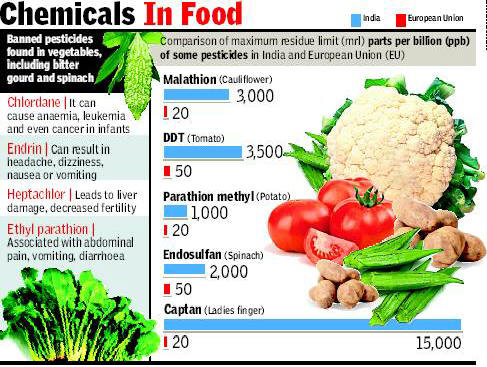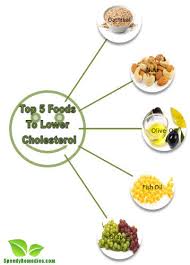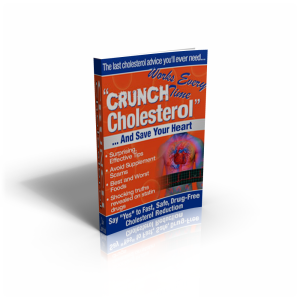6 Reasons Why You Should EAT Cherries Every Day

Cherries are in season here in the UK..and I believe the USA as well. Now that is something to celebrate as cherries are just so good for you and they are yummy!
Today when I left college I called at a supermarket to get a new diary …can you believe it ..arriving back at college without a diary?
Anyway ..right there in the fruit stand where boxes of sumptuous big red cherries……just to difficult to ignore!
So of course I put them in my basket.
So why are cherries so good for us ?
Pain relief
That crimson color of cherries comes from antioxidants known as anthocyanins
These have anti-inflammatory properties and there is even research which has found that these compounds can provide more pain relief than NSAID medications including ibuprofen and naproxen………now that is a good reason to buy those cherries!
Tart cherries may help to relieve types of inflammatory pain, including osteoarthritis pain, muscle pain and headaches (including migraines). Cherries have also been found to have therapeutic value for those suffering from gout which is which gives joint pain that comes from the uric acid buildup in the blood.
Heart Health
The anthocyanins found in red cherries are also linked to lowering blood pressure.High blood pressure is a risk factor for cardiovascular disease, heart attack and stroke, so any food that lowers blood pressure is got to be good. Cherries are also high in potassium, an important mineral for keeping blood pressure levels stable.
These berries are rich in flavonoid antioxidants, which have been found to help keep platelets from clumping together.Platelets are involved in forming blood clots which is what you need to happen if you have a cut and need the bleeding to stop. However when blood clots form in the blood vessels it can lead to a stroke. Flavonoid antioxidants also aid in protecting the blood vessels from breaking or leaking, and additionally work to reduce system-wide inflammation which also raises your risk of heart disease.
Immune system boost
Cherries like many fruits are rich in vitamin C, which is a crucial vitamin for immune system health. A diet rich in vitamin C can keep your immune system functioning to prevent seasonal illnesses and other types of infections. Vitamin c also boosts your immune system to fight against any pathogens that enter your system..
The flavonoid antioxidant content of cherries works synergistically with vitamin C in the body; they each help to augment the potency of the other.
Anti-aging
Another function of the vitamin C content found in cherries is to support skin health, and to help prevent the wear and tear that free radicals have on our skin as we age. Two of the flavonoids found in cherries, queritrin and isoqueritrin, are also known to protect the body from oxidative stress, thus helping to reduce the aging process.
in addition to skin health the anthocyanins in red cherries have been linked to protecting neurons from oxidative stress damage, potentially preserving brain health and cognitive function as we age.
Cancer prevention
Queritrin – the flavonoid found in cherries, has been found by researchers to be one of the most potent anticancer agents. When we eat cherries, the queritrin is released into the body to fight off the cancerous cells.
Anthocyanins have also been linked to anticarcinogenic properties, and ellagic acid, a phenolic compound found in cherries, has been associated by some research to significant potential in cancer prevention.
Better sleep
Now this benefit I like !…….
the ability of cherries to enhance the body’s levels of melatonin. Melatonin is the hormone that regulates your sleep/wake cycle. Its release is triggered by darkness, at which time it signals to your body that it is time for sleep.
Dr. Russell J. Reiter of the University of Texas Health Science Center states, “when consumed regularly, tart cherries may help regulate the body’s natural sleep cycle and increase sleep efficiency, including decreasing the time it takes to fall asleep.”
Enhanced cognitive function
The various antioxidants found in cherries, along with their high vitamin A and flavonoid content, have been linked to improved cognitive function, including a boost in memory…..a good thing for us older women!
As anthocyanins can help to protect neurons from damage, they may help to prevent the onset of age-related neurological disorders, including dementia…..If all the other benefits of Cherries cannot convince you ….this one aught to .
Digestive health
The fiber content of cherries is crucial for a smoothly-running digestive system, and can help ease constipation and other digestive disturbances. The vitamin content of these summer berries helps the digestive system optimally absorb nutrients from the food you eat, and the flavonoid antioxidants that they contain aid in the stimulation of digestive fluids.
So the bottom line is make sure you have Cherries in your kitchen and make sure they are organic and not covered in pesticides.
So Cherries are a brilliant food to eat all round and by the way if you are watching your weight their calorific count is low as well.
We know what is good but What about the foods we should not have in our kitchen?
You can check them out here…..=> <the top 5 banned foods that should not be in your kitchen>
take care
Kathy



